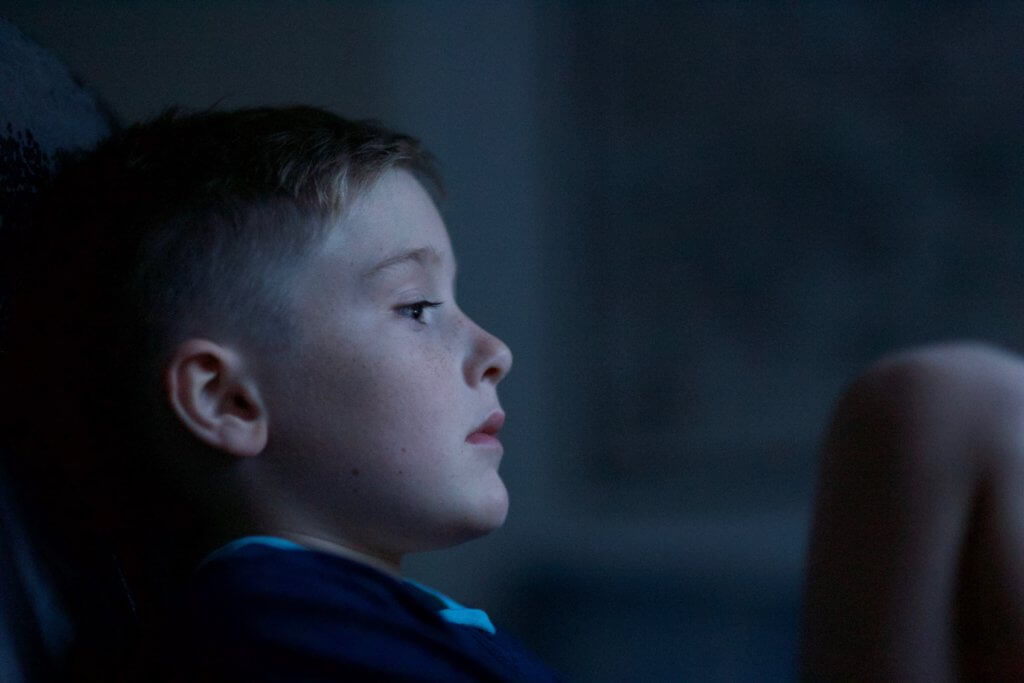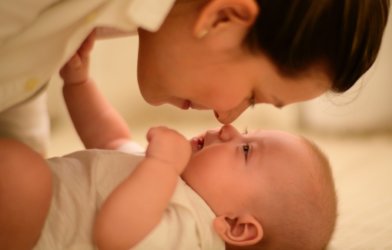Children have the wildest imaginations, but a rare few may experience the world of make-believe as reality. Now, researchers may have linked a genetic cause to early psychosis in children.
Through genetic testing of children experiencing psychotic symptoms, they found these children possessed copy number variants (deletions of duplications of chunks of their DNA). The authors advise any children experiencing psychotic symptoms should undergo chromosomal microarray testing.
The current study genetically tested 137 children and adolescents, with over 70% of kids experiencing early-onset psychosis before turning 13. About 28% had persisting and unrelenting symptoms related to schizophrenia. All the participants were tested for any DNA duplications and deletions that can create mutations in the genetic code. After testing, 8% of participants had copy number variants liked to neurodevelopmental disorders such as autism.
“Our findings make a strong case for chromosomal microarray testing in any child or adolescent diagnosed with psychosis,” says Dr. Catherine Brownstein, a co-author of the study, in a statement. “Testing often brings closure for families, and could help advance research.”
Families who hear there’s a reason behind a child’s psychotic symptoms are usually relieved to learn the news. Prior medical assessments may have led to incorrect diagnoses, explained away as part of growing up, or stresses of bad parenting or the child being bullied. “Many parents feel like they are put under the microscope, or are even accused of triggering their child’s symptoms,” says Dr. Joseph Gonzalez-Heydrich, a psychiatrist at Boston Children’s Hospital and study coauthor. “It parallels what happened with autism a generation ago.”
Another reason why pediatric psychosis often goes undiagnosed is that most children also have autism or another developmental disorder. For example, a third of children in the study met the criteria for autism spectrum disorder. About 12% had an intellectual diability and 18% had a history of seizures.
Finally, some doctors may feel hesitant to diagnose a child with psychosis to avoid stigmatization. Instead, they would prefer to watch and wait. However, “the longer psychosis goes untreated, the harder it is to treat later on,” cautions David Glahn, PhD, a coauthor of the study. “If we can treat it earlier and appropriately, the child will likely do better over their lifetime.”
Psychosis may be hard to see in the untrained eye. Parents may first explain their child’s behavior away as having an imaginary friend; but if the imagination turns distressing or out of their control, it could be the early signs of psychosis.
Symptoms may also come and go. Psychosis symptoms may emerge when the child is triggered and experiencing stress, anger, depression, or mood swings. When this happens, a child may become withdrawn and be unable to go about their day-to-day activities, which interferes with their school and relationships. They may also begin to have outbursts, a behavior they may not have previously exhibited. The most prominent signs are hallucinations and paranoia, where the child sees and hears threatening things that aren’t there.
“It’s not simply the child thinking someone’s talking about them because they’re socially anxious,” explains Dr. Gonzelez-Heydrich. “It’s multiple voices criticizing them, scaring them, telling them to do bad things. Or feeling that strangers are staring at them, planning to do them harm.”
Beyond giving a piece of mind to parents, having your child undergo chromosomal microarray testing may encourage other family members to get tested if there is a genetic cause behind it. Once a copy number variant is found, a scientist can study the function behind these lost and duplicated genes, propelling science one step closer to understanding early psychosis and how to treat it.
“We don’t have medications tailored to [copy number variants] yet,” Dr. Brownstein says. “But when parents get together, they can organize and identify research devoted to their particular [copy number variants]. We can study their children as a group and identify effective treatments a lot faster.”
The study is published in the American Journal of Psychiatry.












